Selected
- Details
- Written by NSW News
- Category: Selected
- Hits: 162
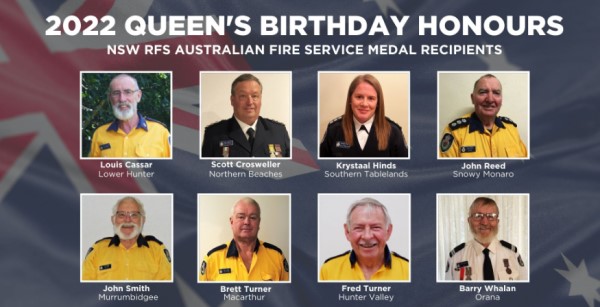
Eight NSW Rural Fire Service members have been awarded Australian Fire Service Medals (AFSM) to recognise their dedication and hard work.
- Deputy Group Captain Louis Cassar – Lower Hunter District
- Group Captain Scott Crossweller – Northern Beaches District
- Group Captain John Reed – Snowy Monaro District
- Group Captain (Retired) John Smith – Murrumbidgee District
- Group Captain Krystaal Hinds – Southern Tablelands District
- Group Captain (Retired) Brett Turner – Macarthur District
- Group Captain Fred Turner – Hunter Valley District
- Senior Deputy Captain Barry Whalan – Orana District
Image: NSW RFS Facebook
- Details
- Written by NSW News
- Category: Selected
- Hits: 132
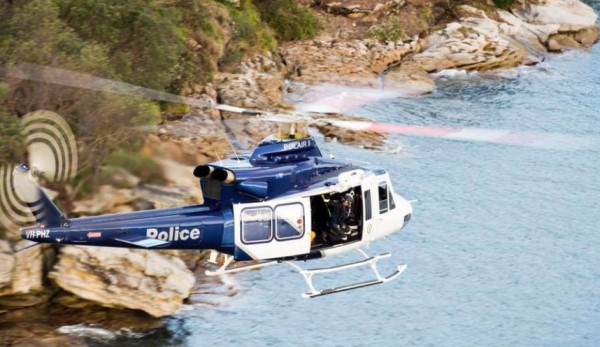
A search has been scaled down for a paraglider who reportedly crashed into the ocean off the Illawarra coast..
A rescue effort involving Wollongong Police, PolAir, Marine Area Command, the Westpac Helicopter and Surf Life Saving NSW was launched at Woonona Beach, just north of Wollongong, following reports a paraglider had crashed into the water about 200m offshore on Saturday afternoon.
A chopper was used to drop a green dye into the water to assist with the search.
The large scale sea and air search resumed on yesterday morning but failed locate anything.
A NSW Police spokesperson said, "No-one has been reported missing and local hang-gliding and paragliding clubs say they didn't have members flying on Saturday because of strong winds."
Water Police and Marine Rescue NSW crews will continue to keep a keen eye out during routine patrols over coming days.
Image: NSW PolAir Facebook
.
- Details
- Written by Grant Broadcasters
- Category: Selected
- Hits: 123
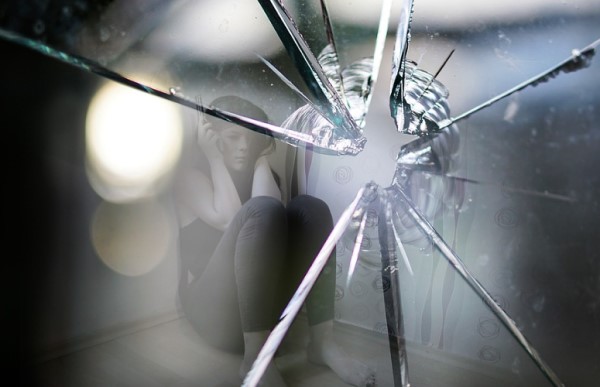
US senators have announced a bipartisan framework for a firearms safety bill following the United States' latest spate of mass shootings, in a potential breakthrough toward the country's first significant new gun law in decades.
The plan, lauded by President Joe Biden, includes support for state "red flag" laws keeping firearms from potentially dangerous people, tougher criminal background checks for gun buyers under age 21 and a crackdown on "straw purchases" by people buying weapons for others who could not pass a background check.
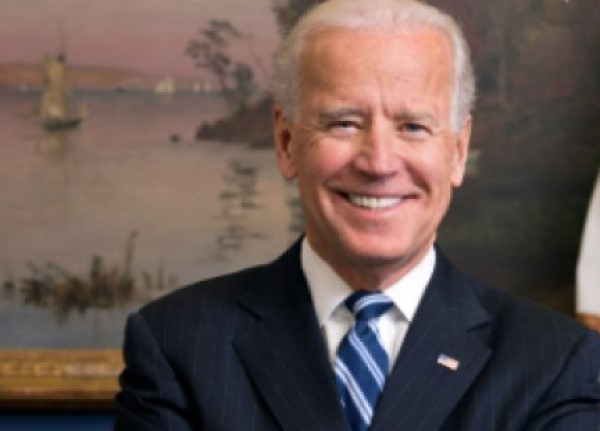
Crafted in the aftermath of last month's massacres at an elementary school in Uvalde, Texas and a supermarket in Buffalo, New York, the framework is far less ambitious than proposals offered by Biden and other Democrats for banning semi-automatic, assault-style rifles and high-capacity magazines or at least raising the minimum age to buy those from 18 to 21.
Democratic Senator Chris Murphy, who led the negotiating effort alongside Republican Senator John Cornyn, said "the heavy lifting is behind us" after three weeks of intensive talks, though a "significant amount of work" remained.
Murphy said on Sunday he hoped for Senate passage by early August or sooner.
The deal was announced a day after tens of thousands of people rallied in Washington and around the United States to urge lawmakers to pass legislation to curb gun violence.
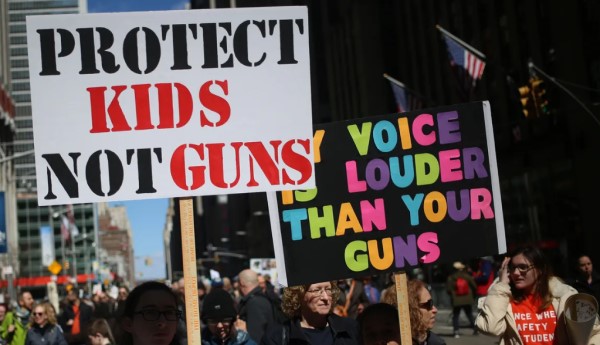
While an important breakthrough, the agreement does not ensure that legislation will be approved. Lawmakers still must hammer out legislative language that can attract enough votes to pass in the Senate and House of Representatives, each narrowly controlled by Democrats.
Republican opposition has been instrumental in thwarting Democratic-backed gun control proposals in Congress dating to the 1994 passage of an assault weapons ban that expired a decade later.
The United States has the highest rate of firearms deaths among the world's wealthy nations.
But it is a country where many cherish gun rights and its constitution protects the right to "keep and bear arms".
Sunday's announcement marks the furthest that gun reform talks have advanced in Congress since 2013, when legislation failed following a 2012 Connecticut elementary school massacre.
A National Rifle Association spokesperson said the influential group would not take a position until the detailed legislative text was finalised.
She said the NRA would oppose any effort depriving Americans of their gun rights.
With 10 Republicans indicating support, that would overcome the Senate's "filibuster" rule requiring 60 of the 100 senators to agree to advance most legislation.
Republicans opposed to the plan are expected to mount procedural hurdles in a bid to block it.
Biden welcomed Sunday's agreement.
"It does not do everything that I think is needed, but it reflects important steps in the right direction, and would be the most significant gun safety legislation to pass Congress in decades," Biden said in a statement.
"With bipartisan support, there are no excuses for delay, and no reason why it should not quickly move through the Senate and the House."
Images: Pixabay Free Images & Getty Images Whitehouse & TeenVogue
- Details
- Written by Grant Broadcasters
- Category: Selected
- Hits: 118
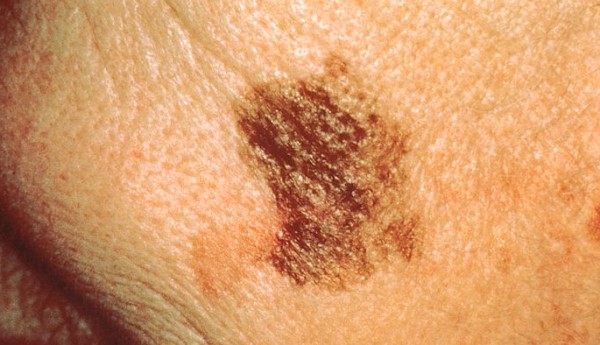
South Australian researchers are working to improve outcomes for skin cancer patients after discovering a particular protein may determine the fate of people with the disease.
A team from the University of South Australia's Centre for Cancer Biology has identified the desmoglein-2 (DSG-2) protein and found melanoma patients who express it are two-and-a-half times more likely to die within 10 years.
Initial lab work has uncovered how to block the protein using nanotechnology, with research efforts to now look at ways to better isolate those patients most a risk.
"By injecting a cancer cell-seeking molecule intravenously, we can find the melanoma cells with high levels of DSG-2 and attack them, reducing their severity," lead researcher Claudine Bonder said.
"We already know that in people with lower levels of this protein, the melanoma does not grow as quickly, and we have a better chance of arresting it."
Professor Bonder's team is hoping financial support from the community will help further their research into new treatments for melanoma and improved methods to detect the aggressive protein.
"We're confident that we can identify the sub-group of patients that have elevated expressions of DSG-2 on their cancer cells," she said.
"We're also confident that we can block this protein on the melanoma, giving patients a better outcome."
Despite years of skin cancer warnings, Australia continues to have the highest rates in the world for melanoma, a disease almost universally fatal if it spreads to other organs.
More than 16,000 Australians will receive a melanoma diagnosis this year and while 95 per cent of cases are caused by unprotected sun exposure, other risk factors exist.
A family history can increase the risk, as can fair skin, a weakened immune system and having many or unusual moles.
"Melanoma doesn't just appear on the sun-exposed skin either," Prof Bonder said.
"Melanoma can appear in the eye, nose, mouth and genitals. What we do know is once it spreads beyond the skin into vital organs such as our lungs, liver or brain, it is almost always fatal."
For SA resident Ian Dempster, a melanoma diagnosis in 2014 led to years of surgery, drug infusions and radiotherapy.
The disease was already well advanced when the 78-year-old was diagnosed after a biopsy on a spot on his left cheek proved malignant.
"I was initially misdiagnosed, but I went back to the doctor after six months as I was really concerned the spot was changing shape," he said.
"Within a week of the biopsy, I had the first of numerous surgeries."
Over two years, Ian had 35 intravenous infusions of the melanoma drug Keytruda and lost a portion of his left cheek, which was replaced with a skin graft from his wrist.
While he's now in remission, Mr Dempster urged others not to make the same mistakes he did.
"Wear a hat, wear sunscreen, cover up as best you can, and just be aware of any suspicious moles or skin lesions and get them looked at immediately," he said.
"Melanoma is so prevalent in this country and anything we can do to support research to find better treatments and even a cure, is vital."
To donate to the university's work, visit giving.unisa.edu.au/melanoma-research
Image: Newsroom
Page 30 of 191